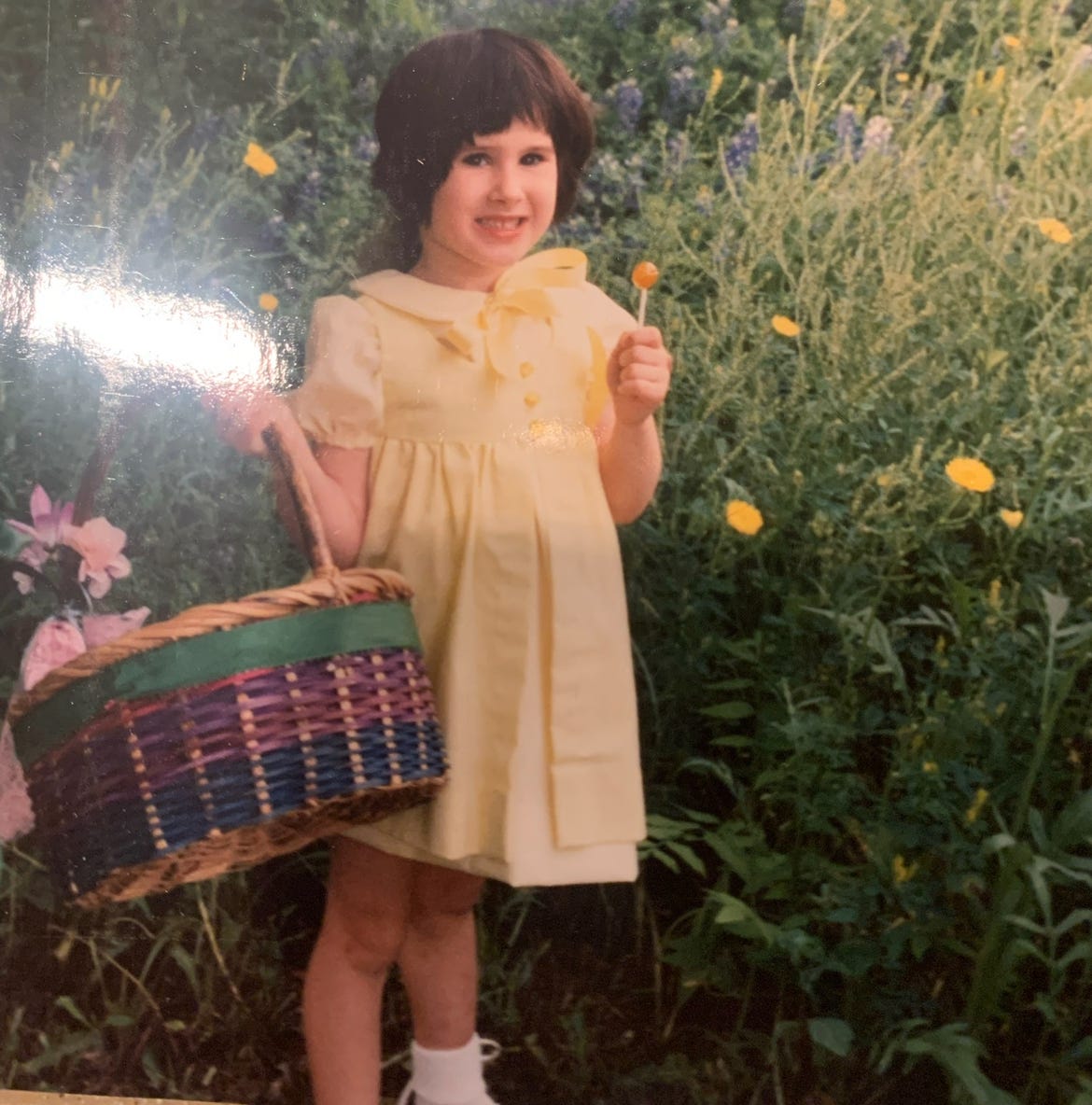NeuroDivergent Rebel Blog Origin Story: Starting Down a New Path & Bringing You All with Me
One approach, blending in, won't work for many people (especially those of us with multiple NeuroTypes and complex trauma). This way leaves the most vulnerable (who can't blend in) behind.
When I started the NeuroDivergent Rebel Blog eight years ago, I was searching for something. However, despite my intense seeking, I did not find what I was looking for, so I decided to try my best to create and become the resource I desperately needed.
The initial goal of my voyage (before I learned how few resources were available back then) was to learn more about myself. However, once I realized how alone I was (and likely many others were), my mission evolved (and wasn't just about me and my own self-discovery anymore).
I was no longer alone on my journey. I wanted to give back, bringing other lost NeuroDivergents with me, providing something to others that I had longed for (but had been unable to secure)—a place where people can learn about what it means to be NeuroDivergent from NeuroDivergent People.
Welcome back to another Founding Member Post!
Twice each month I will put out an exclusive post like this one (often on a more intimate and personal topic, book sneak peeks, OR featuring some of the training materials I’m teaching) that will be brought to you by and for our Founding Members.
When I am scheduling this post, we have thirty-five Founding Members!
I won’t put them on the spot today, but you know who you are. I can’t thank you enough for your support.
A Space for Us
At first, I thought my space would only be for NeuroDivergent People who wanted to focus on getting to know themselves better, unpacking the unique traumas many of us shared, growing up in a society that expects us to conform to unreasonable standards (and often punishes us when we fail to meet those unfair expectations), but this quickly changed for a few reasons.
Early on, my social media platform was flooded with parents and people with NeuroDivergent loved ones (potential allies to the community) who genuinely wanted to understand the NeuroDivergent People in their lives better.
In other spaces, these "NeuroTypicals" were cast out (because many struggled to de-center themselves). However, I wanted to encourage them to stick around and learn (IF they were willing to be respectful guests in our NeuroDivergent-centered and focused space).
From my vantage point, it was apparent early on that many of these parents, guardians, and other allies were likely NeuroDivergent themselves (since NeuroDivergence tends to run in families and NeuroDivergent People are often attracted to one another).
Eventually, as more of our allies heard about what it was like to BE NeuroDivergent (instead of listening to Neuro-Typically average people describe us), many realized that they, too, were NeuroDivergent.
Differences that can be found in the brain are often hidden like that, whether they be NeuroDivergent differences or Queer ones.
A person can go most of their life not knowing they are NeuroDivergent or Queer, simply because they weren't provided a language to describe their internal experiences to other people (despite feeling that there is something different but indescribable going on beneath the surface).
I knew I was different in the Queer sense when I was four or five years old.
I didn't feel like "a girl" or "a boy," but I didn't know there were other options, so when people asked me what I wanted to be when I grew up, Young Me used to say "a cat" because I couldn't imagine myself as a human adult of either gender option I'd been provided.
I felt like a mistake.
My signs of NeuroDivergence were apparent by the age of one and a half (teaching myself to read as an infant was the first sign of my Hyperlexia, one way I am NeuroDivergent that is very common in Autistic People).
My ADHD and my hyperactivity became glaringly evident once I entered the public school in first grade (six or seven years old) when I could NOT stay still and quiet in a busy and boring classroom environment.
Young people today are often discovered to be NeuroDivergent in school when classroom environments don't do their natural ways of learning, experiencing, and communicating justice. However, people in my age group and older (I'm 37) are much more likely to learn they're NeuroDivergent only if they're lucky enough to know another self-aware, openly NeuroDivergent Person (or have a NeuroDivergent child who is "just like them") OR they're in a time of mental or physical health crisis (like I was when I was diagnosed Autistic at 29).
Although my ADHD was noticed (and often complained about) by my teachers because my guardians were worried about the consequences (of "having a label put on me from a young age" and the potential of forced medicalization), my testing for learning disabilities (specifically ADHD) was refused when the school requested it.
Because this vital testing wasn't done for me, I would have to wait more than 20 years for the subject of my potential NeuroDivergence to come up again (when I found myself with rapidly deteriorating mental and physical health, my desire to stay in the world waning).
We shouldn't have to get to a crisis point for our differences to be discovered. Still, since our current definitions and descriptions for most forms of NeuroDivergence come from medical books (like the DSM-V and ICD-11), the descriptions used for NeuroDivergent People are often based on what we look like when we're not doing well or are in extreme distress. This means that we'll unlikely be recognized medically if we're not struggling or in anguish (since the screening tools for many NeuroDivergent differences are focused on "how much distress" our differences cause us and those around us).





